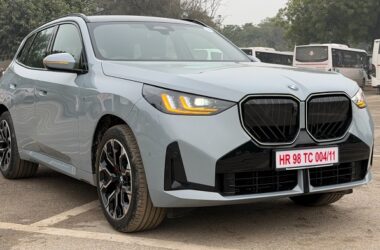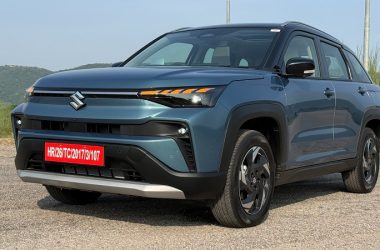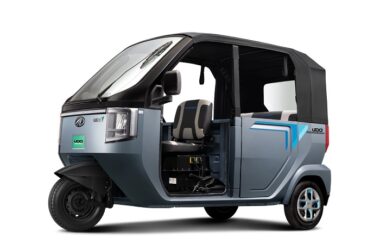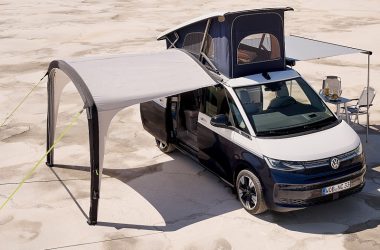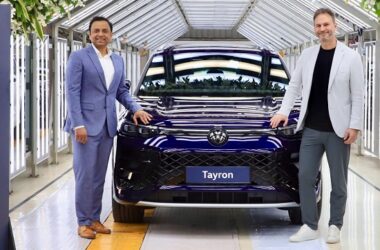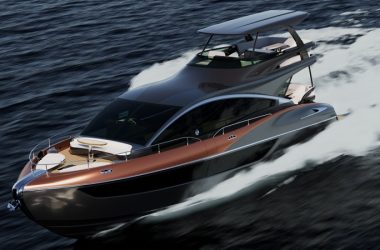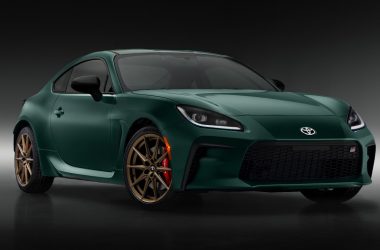BMW gears up for its first hydrogen-powered production vehicle as it deepens collaboration with Toyota to lead the future of zero-emission transport.
Munich – The BMW Group and Toyota Motor Corporation have taken a major leap forward in their long-standing partnership, announcing plans to jointly develop next-generation hydrogen fuel cell technology for passenger vehicles. The collaboration marks a significant stride toward the widespread adoption of Fuel Cell Electric Vehicles (FCEVs), with BMW set to launch its first series production hydrogen-powered car in 2028.
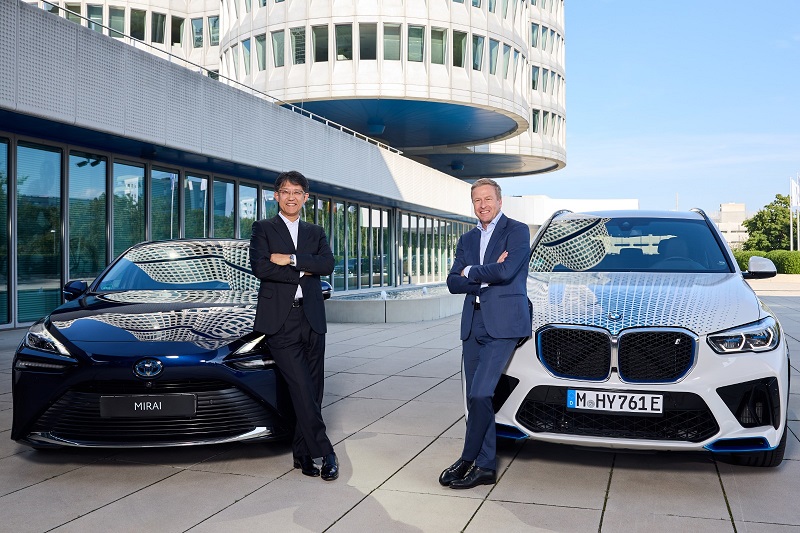
BMW’s latest venture will offer customers a fresh, zero-emission alternative to battery electric vehicles, signaling a milestone in the luxury car manufacturer’s commitment to technological diversity. “This is a historic moment for the automotive industry,” said Oliver Zipse, Chairman of the Board of Management of BMW AG. “Our hydrogen-powered vehicle, born from our collaboration with Toyota, will underscore how innovation can shape the future of sustainable mobility.”
Driving the Future: Shared Innovation, Unique Identities
The partnership will see both BMW and Toyota co-develop a hydrogen powertrain system designed for passenger vehicles. The core of the project will focus on third-generation fuel cells, a crucial technology for both brands as they seek to extend their portfolios into hydrogen mobility. Despite the shared technology, each company will maintain its unique brand identity, ensuring distinct offerings for customers while working together to reduce production costs and accelerate the development of FCEVs.
Toyota’s President, Koji Sato, emphasized the synergy between the two automakers. “We share the same passion for cars and a belief in multiple pathways toward carbon neutrality. This collaboration takes our shared goals to the next level, where hydrogen will be central to achieving a cleaner, more sustainable society.”
2028 and Beyond: BMW’s First Hydrogen Series Production Model
Following the successful global trials of its iX5 Hydrogen pilot fleet, BMW plans to roll out its first hydrogen-powered production vehicle in 2028. The FCEV model will be integrated into the company’s existing lineup, offering consumers an additional, eco-friendly option alongside battery electric vehicles (BEVs) and plug-in hybrids (PHEVs).
As hydrogen emerges as a vital piece in the zero-emission puzzle, BMW and Toyota’s push for technological diversity ensures that hydrogen-powered cars won’t just be a niche market— they will be a viable alternative for consumers looking for a broader range of sustainable transport options.
Paving the Way for a Hydrogen Economy
Beyond vehicle development, both BMW and Toyota are advocating for the rapid expansion of hydrogen infrastructure to support the widespread use of FCEVs. Recognizing the role hydrogen can play in decarbonizing transportation, the two companies are working with governments, investors, and other industries to build the necessary refueling networks.
Hydrogen is not only a zero-emission energy source but also a vital storage solution for renewable energy, enabling a more stable integration of wind and solar power into global energy systems. BMW and Toyota’s joint efforts aim to unlock hydrogen’s full potential, helping to transform the future of mobility and energy.
With the combined expertise of these automotive giants, the road to a hydrogen-powered future is quickly becoming a reality—one that promises to reshape the automotive landscape and drive the world toward a greener tomorrow.

